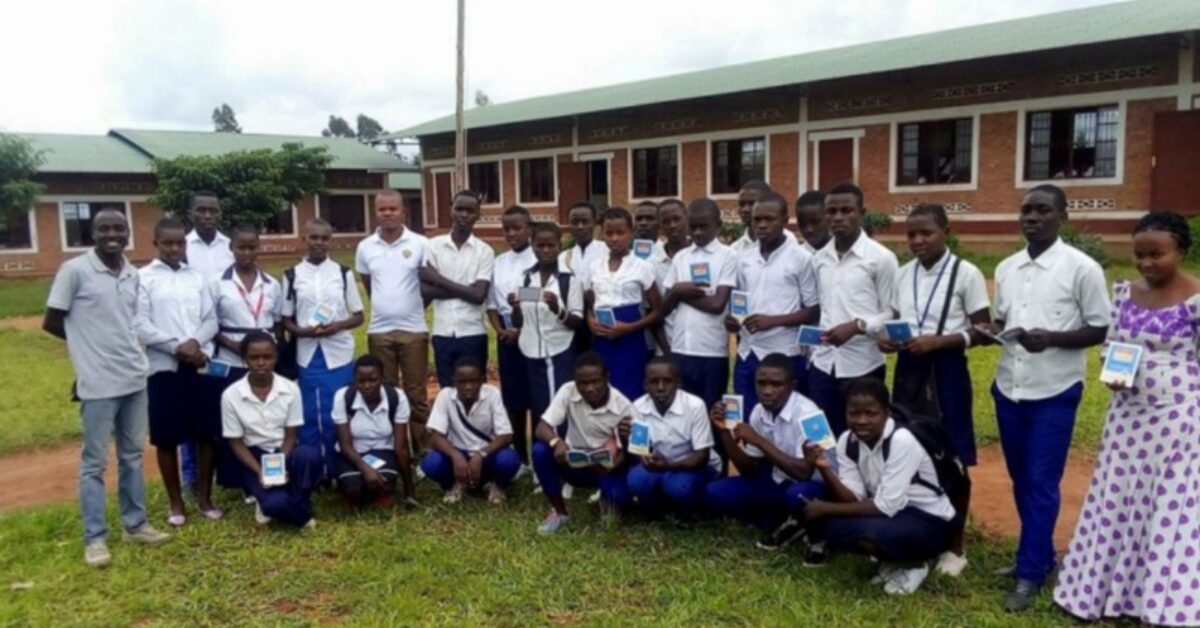Mobilising students to become champions of Integrity
As part of the implementation of the “Student acting for Honesty, Integrity and Equality (SHINE)” project funded through Integrity Action by the Norwegian Agency for Development Cooperation (NORAD) and the Swedish International Development Agency (SIDA), CERC launched Integrity Clubs in 20 Secondary Schools.
The SHINE project aims to promote in schoolchildren a civic character that will result in a positive civic engagement that promotes the integrity and good governance of the public services they access. This year, in South Kivu, the project will be implemented in 20 schools in Uvira. In all selected schools, three hundred trained students are expected to become community observers to defend accountability, competence, ethics, inclusion as well as anti-corruption behavior in their schools and their community as a whole.
Integrity Clubs- how they work
Integrity Education
Integrity is taught in schools by teachers trained by CERC; ensuring that students understand how corruption functions and how acting with integrity can overcome corruption challenges.
Meetings, Forums and Networks
Regular Integrity Club (IC) meetings enable students to expand on their experience of corruption and participate in activities designed to make them recognize corruption as a global problem. Forums and networks between ICs and partners encourage group collaboration.
Training in monitoring
Once students are educated in Integrity, they are able to identify when corruption is posing a challenge to the delivery of projects and services in their communities. Monitoring requires training in how to access information, how to engage with stakeholders and how to use our tech tool DevelopmentCheck to fix problems.
Highlights:
- Between 2017 and 2020 we trained 810 students in 54 Integrity Clubs across South-Kivu
- Students used DevelopmentCheck to monitor 54 infrastructure projects and services for their communities, achieving an average Fix-Rate of 32% of instances where corruption had caused problems in their delivery.
- The youth demonstrated to themselves and to others that the power to make a positive difference in their lives and their communities that they have the agency to make a difference.
- Students (ages 14-18) have proven themselves to be extremely positive agents of change, exhibiting a motivation to improve the services and projects that are delivered to their communities.
- Teaching youth the benefits of acting with integrity and the skills to practice and demand it in real-life situations gives them the confidence to always choose integrity over corruption throughout their lifetimes.
- Youth are empowered to continue to participate in civil society throughout their lifetimes.
- Project and service providers expect to be monitored by students, incentivizing them to act with integrity and improving the quality of goods they deliver.
- Even in contexts where the status of girls is low, over 40% of monitors we have trained are female
